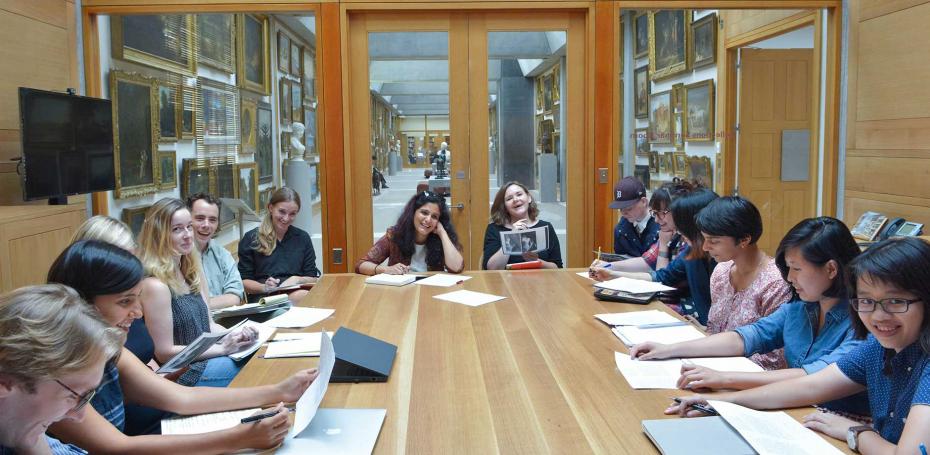
In a sign of the struggles facing institutions of higher education and students alike, Yale University has announced that it will be accepting no new graduate students to its department of art history for fall 2021.
“In order to ensure that the department has resources to adequately support its students during the COVID-19 pandemic, we will hold off on bringing new students to the program until 2022,” reads a notice to prospective students on the program’s website.
“The decision to eliminate a cohort of future graduate students was not an easy one, but we have decided that our priority during these unsettled times is to take care of those who are already in our program,” the note continues. “We believe that this is the most responsible course of action at the present moment.”
Instead, the department will “fund extended registration for current graduate students whose research has been adversely affected by the pandemic through travel restrictions and archive and museum closures,” Carol Armstrong, a professor of photography and 19th-century European art, told Artnet News in an email. “It was our judgment that this was a better solution than having reduced admissions several years in a row, which was our only other option.”
“The one-year suspension of admissions is directly tied to the ongoing COVID-19 crisis and will have no further ramifications beyond that crisis,” she added.
As the country shut down in response to the onset of the pandemic, art history PhD students this spring found themselves facing an uncertain future.
In addition to suddenly losing access to libraries and other research facilities, and finding themselves unable to undertake planned travel for their studies, they also faced the daunting prospect that jobs, already scarce in a competitive field, were drying up. But that does not seem to have stopped new students from enrolling for fall 2020.
“There was no reduction in enrollments for the new class of PhD students, quite the contrary,” Armstrong said.
The department website lists 12 incoming first-year students, compared with 10 in the second-year class, and 79 students total.
Like universities across the country, Yale has been forced to re-conceive its educational model in response to health concerns. Professors are now offering hybrid courses, combining remote and in-person learning, with social-distancing precautions in place for live instruction.
Upon arriving on Yale’s campus for the semester, which began August 31, all students were tested for the coronavirus. The majority of Yale graduate students live off campus, and therefore do not have to undergo regular COVID-19 screenings, unlike in-residence students, who are required to undergo twice-weekly tests.
Seven students have tested positive for the virus since returning to campus as of September 3, according to the Yale Daily News.